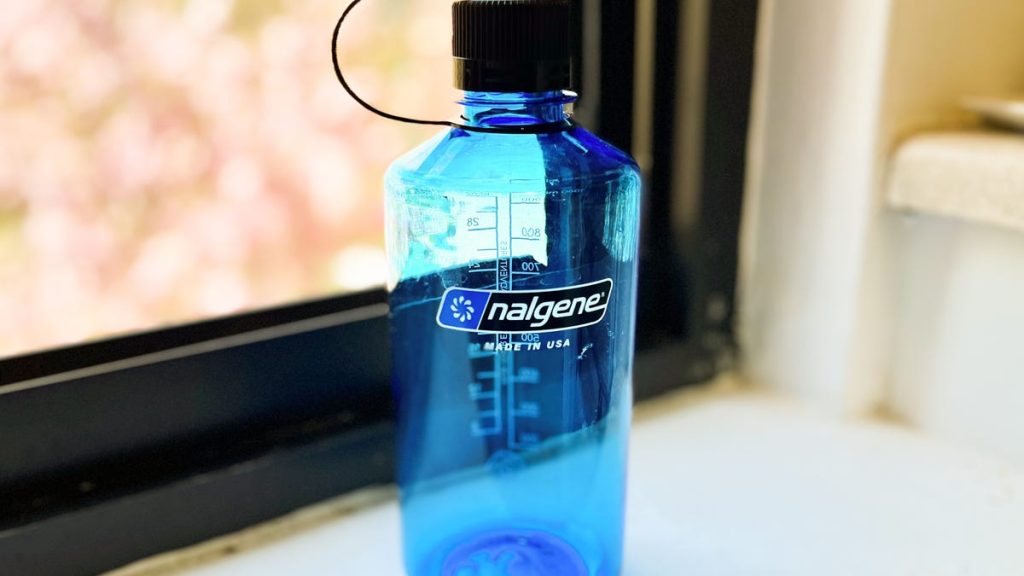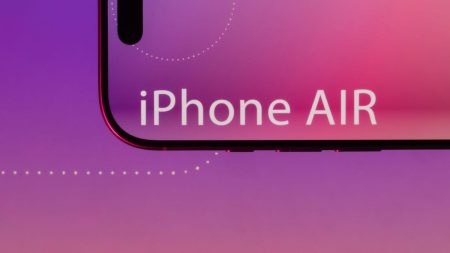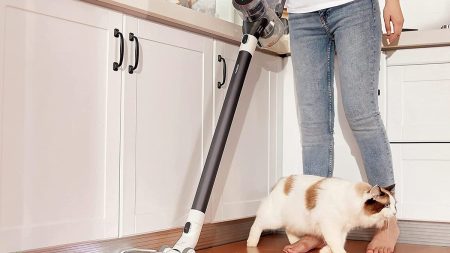The Contigo Wells Chill Stainless Steel Filter Water Bottle presented a mixed bag in terms of performance. While its design, featuring an autospout straw and integrated filter, initially impressed, a critical flaw emerged during testing. The filter’s length proved insufficient for the bottle’s size, leaving a frustratingly undrinkable residue at the bottom. This design oversight significantly detracted from the overall user experience, rendering the bottle less practical than anticipated. For users prioritizing complete hydration and minimal waste, this shortcoming renders the Contigo Wells Chill a less appealing option. Although aesthetically pleasing and featuring a convenient autospout, the functional limitation of the filter ultimately hinders its practicality.
The Nathan QuickSqueeze 12 oz. Insulated Handheld Bottle catered to a specific niche within the hydration landscape. Designed for runners, its compact size and integrated hand strap offered convenient portability. However, the bottle’s weight, even when empty, proved to be a notable drawback. While the added zipper pocket for storing small essentials like gels, keys, or credit cards added a degree of functionality, the overall weight of the bottle could become burdensome during longer runs. This factor might deter some users, particularly those sensitive to carrying extra weight while exercising. While offering a specialized solution for runners, the Nathan QuickSqueeze’s weight could limit its appeal for some.
The Camelbak Eddy Plus and the Nalgene Narrow Mouth Tritan Water Bottle offered contrasting approaches to hydration. The Camelbak Eddy Plus, while featuring a user-friendly spout, suffered from a combination of factors that ultimately diminished its appeal. Its heavier weight, coupled with a lack of insulation and only partial dishwasher compatibility, placed it at a disadvantage. In contrast, the Nalgene Narrow Mouth Tritan Water Bottle, while also lacking insulation, presented a more compelling option due to its lower price point and full dishwasher compatibility. This combination of affordability and ease of cleaning made the Nalgene a more practical choice for many users.
The Yeti Rambler, a limited-edition offering, emphasized durability above all else. Its robust construction made it well-suited for outdoor activities like camping, fishing, or tailgating, where the risk of drops and impacts is higher. However, its weight became a significant detriment for activities like hiking or gym workouts. Furthermore, despite its premium positioning, the Yeti Rambler’s insulation performance lagged behind other insulated bottles, and its lack of versatility further limited its appeal. For users prioritizing temperature retention and adaptability, other options on the market proved more compelling.
The Yeti Yonder 1-liter / 34 oz. Water Bottle failed to justify its premium price point. Lacking any distinguishing features and offering no insulation, the Yeti Yonder presented a perplexing value proposition. Numerous more affordable alternatives on the market offered comparable features, rendering the Yeti Yonder a less compelling choice for budget-conscious consumers. Without a unique selling point to justify its higher cost, the Yeti Yonder struggled to stand out in a crowded marketplace.
Finally, the Hydro Flask 32 oz. Wide Mouth w/ Straw Lid presented a trade-off between insulation performance and portability. While its robust insulation effectively maintained beverage temperatures, its significant weight and bulky size could prove cumbersome for some users. For those prioritizing portability and affordability, lighter and less expensive options could provide a better balance of features. However, for users prioritizing temperature retention above all else, the Hydro Flask’s insulation performance made it a viable option, despite its size and weight.










